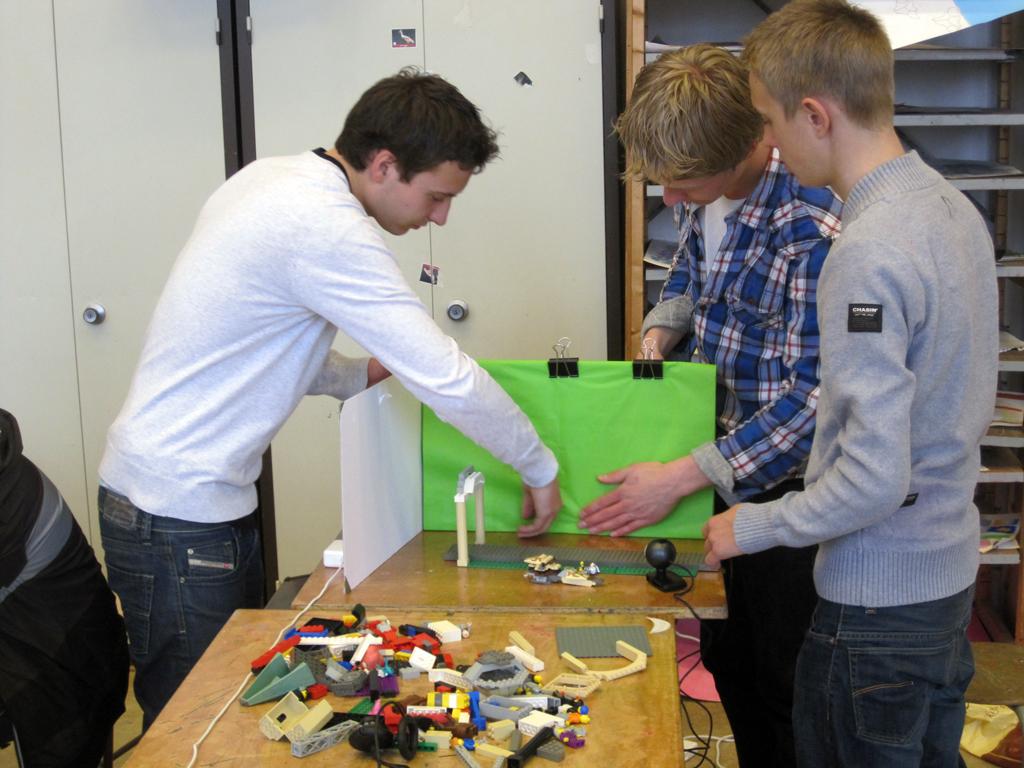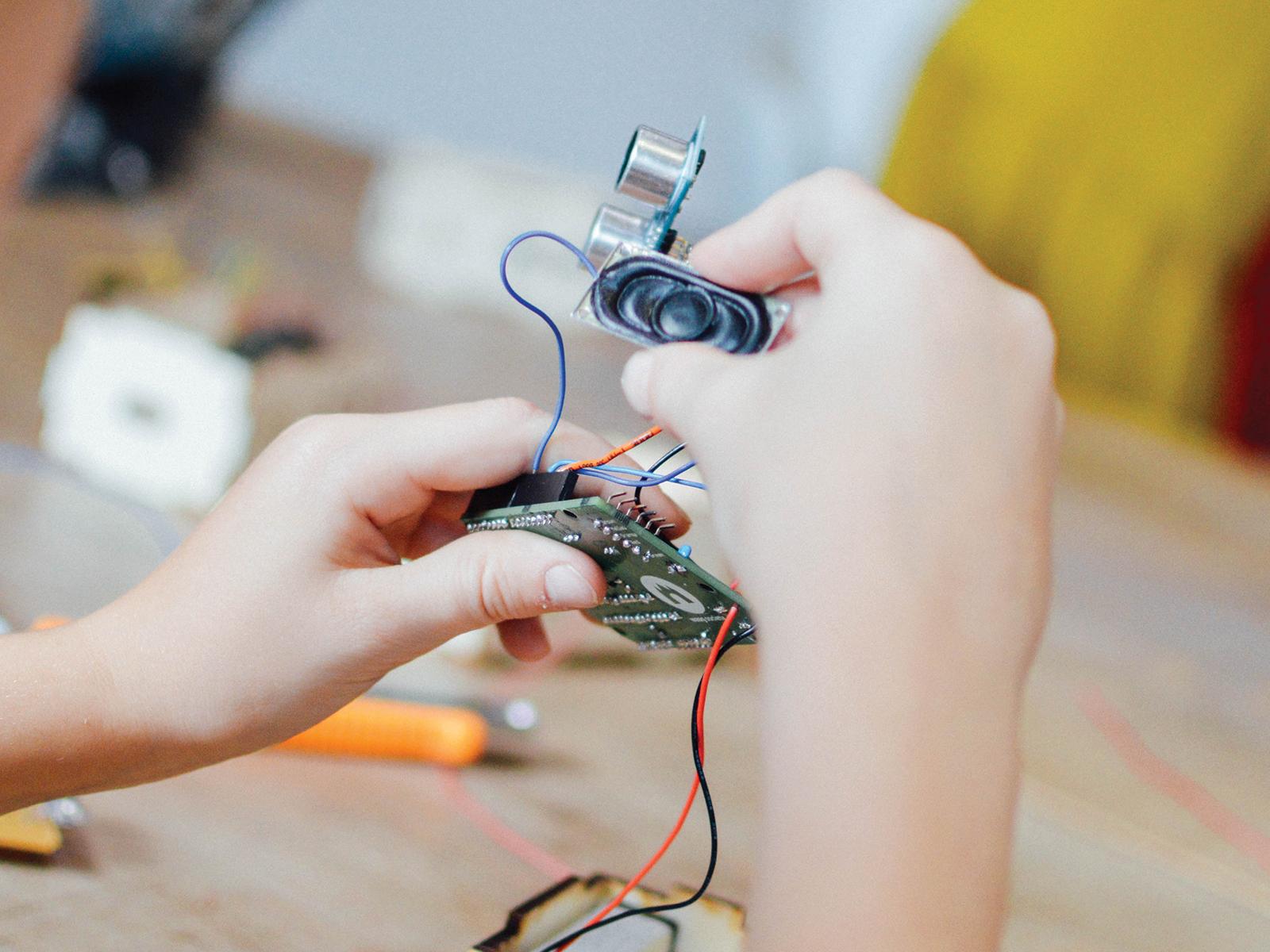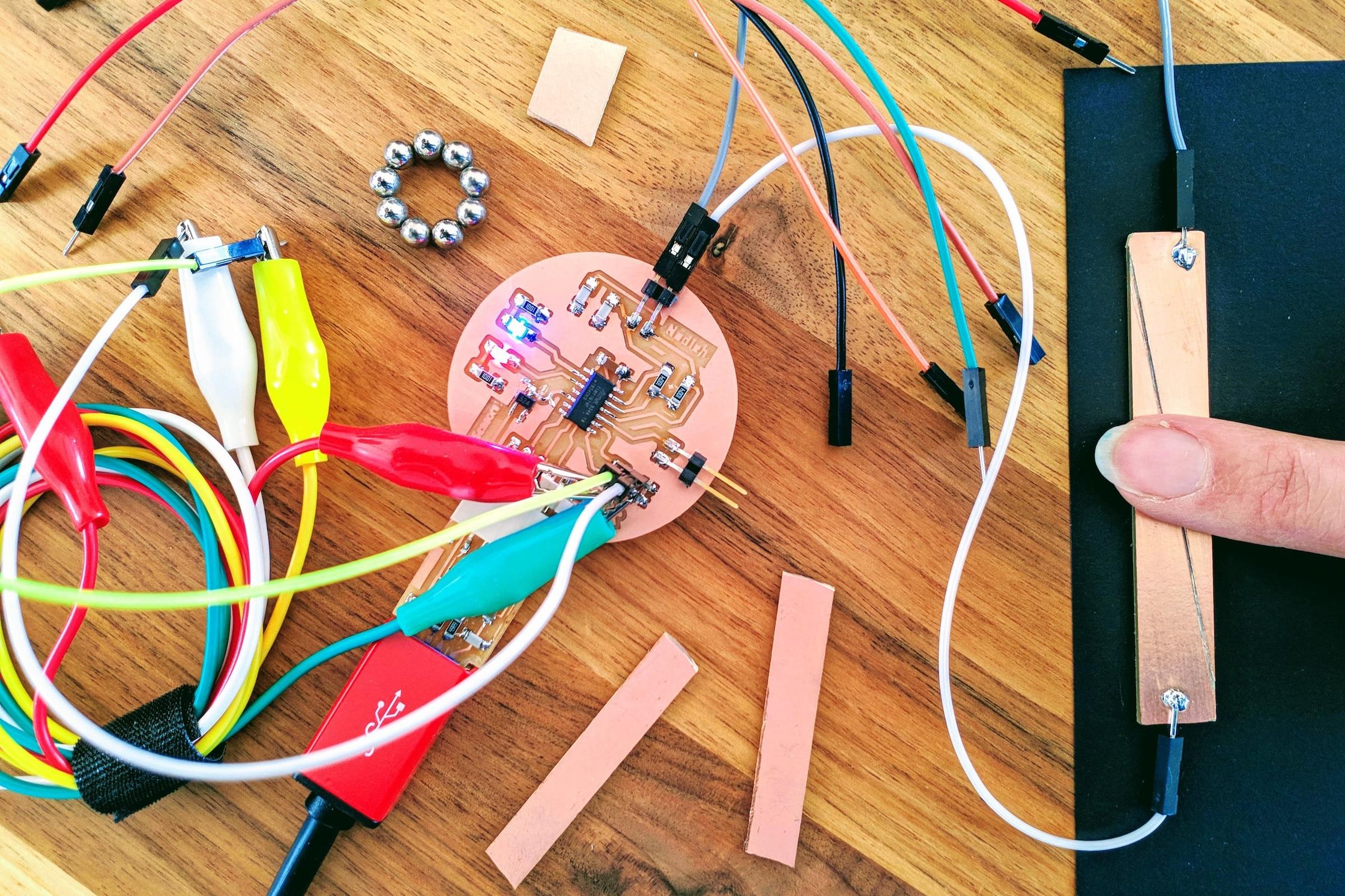The Education Council of the Netherlands is currently formulating an answer to the question: Are schools optimally using ICT in their primary processes and organisation? We have inspired them with the story of the technology movement in society and how learning changes through its influence.
In the first years of this age a movement took place in which young people were not just consuming media, but were starting to produce their own, as the means to do so became more accessible and affordable. In the meantime, youngsters are now massively creating videos, websites and games. The arrival of the social media spread their works all over the world.
Nowadays a new movement is taking place, where media and technology again play an important role: the makers movement. This comes at a moment when production technology is becoming more accessible. Open source production methods like 3-D printing and digital milling machines have transferred the production process from the factory to new makerspaces or Fablabs, that enable digital fabrication.
With this movement we also see the rise of 21st century skills, necessary the control the new machinery. According to Benjamin Bloom in 1956, the highest level of thinking was 'evaluation'. In 2001/2007, Andrew Churches developed a Revised and Digital Taxonomies, in which the highest level was replaced by 'creating'.
| Bloom’s Digital Taxonomy, developed by Andrew Churches in 2007 | |
| Original Taxonomy 1956 Levels of Thinking | Revised and Digital Taxonomies 2001/2007 Levels of Thinking |
| Evaluation | Creating |
| Synthesis | Evaluating |
| Analysis | Analyzing |
| Application | Applying |
| Comprehension | Understanding |
| Knowledge | Remembering |
We think that it is important to give the makers movement a place in education. In this way we can prepare children/youngsters for the future society. A school should have a space where pupils can design and create, to find out what they can create for society.
An example of this is our FabSchool that will start this month, where youngsters in the age of 12-16 can start to develop their digital fabrication skills.


